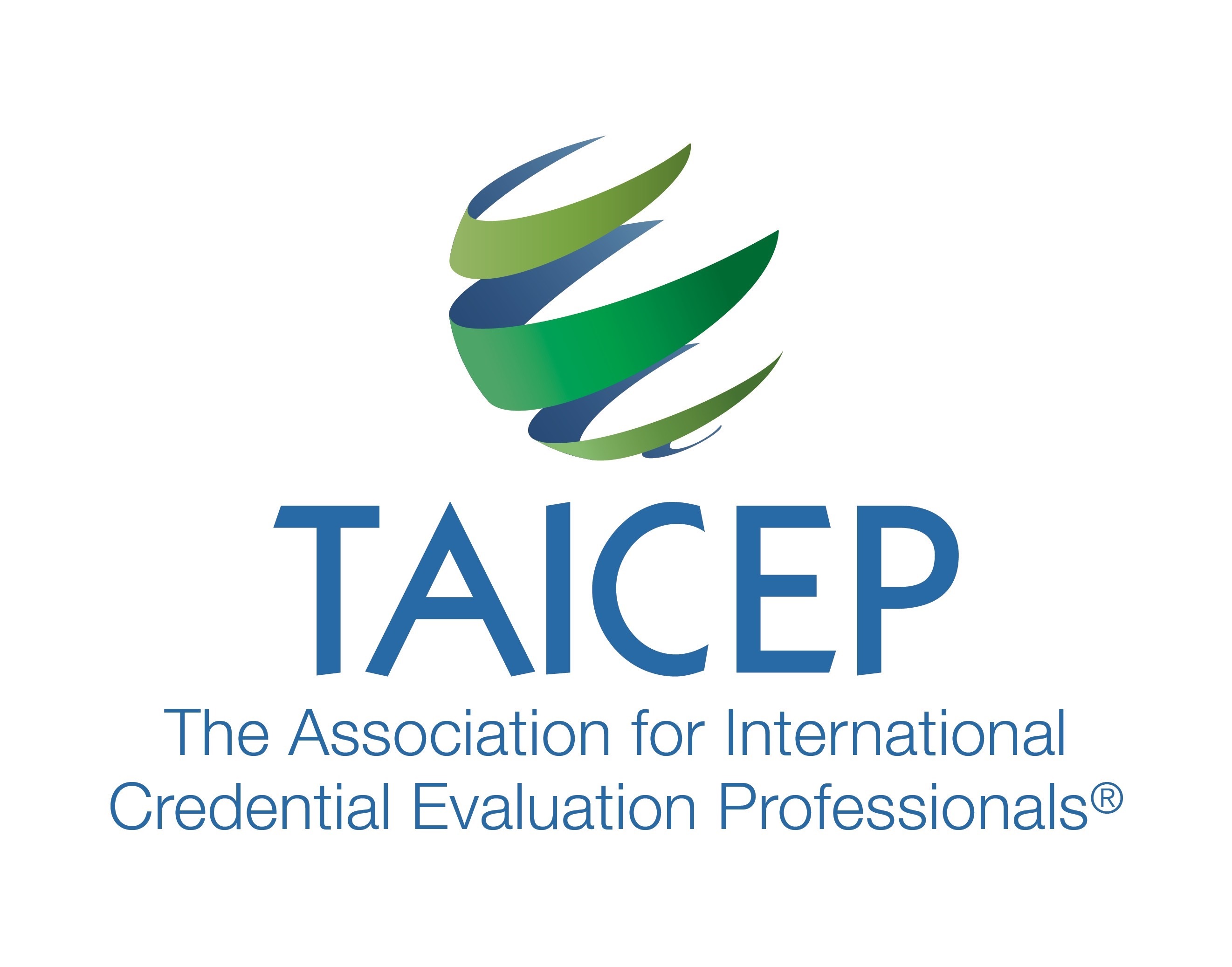Written by: Karen Krug, Educational Credential Evaluators
With the wide variety of transnational education available throughout the world, it can be challenging to determine whether or not a particular program should be considered for credit or recognized. The tips here are applied specifically to transnational education in China, but they are helpful to keep in mind when evaluating transnational education in general.
Who actually runs the program: University? Third-party company?
You receive a transcript for summer courses from Shanghai International Studies University. It’s a recognized institution, so it’s all good, right? Not so fast. The university may only be providing classroom space and printing the transcript, and not have any actual oversight of the education itself.
Summer classes for Chinese students home for the summer from their international universities have become big business, and there are companies that exist solely for the purpose of providing these courses. Always check the institution’s website carefully (preferably the Chinese version, which may have different/more information than the English version), and if necessary contact the institution directly, to determine whether the courses are provided by the university in question or by an outside company, and whether or not the university would accept these courses as credit toward one of their own degrees.
Who is responsible for issuing the official documents and the final credential?
I once received a high school transcript issued by Maple Leaf International School, Dalian, China. Some digging on the institution’s website turned up the information that the official transcript for this education would be issued by the Ministry of Education, British Columbia, Canada. That meant that the school-issued transcript was not official, so I requested and received an official BC MOE transcript.
The school website also stated that graduates would receive both a Chinese and a BC high school diploma. In this case, the student had not passed one of the required courses for a BC diploma, but they did earn the Chinese diploma. Since both the transcript and the diploma were official educational credentials issued by recognized authorities in their respective countries, we could consider this education recognized.
What is the final credential? Is it a standard/recognized credential in the country of issue?
When we get a transcript for an incomplete international program from China, one of the first things we want to know is, does this program lead to a regular Chinese degree? Or to something else?
Institution websites may be helpful in this regard (especially the Chinese version). Another helpful resource is the Chinese MOE’s database of recognized transnational programs: https://www.crs.jsj.edu.cn/index.php/default/index/sort/1006. This website (in Chinese only) allows you to search for programs by province, by major, by the name of the Chinese or foreign institution, or by country. The database does not necessarily include every single approved transnational program, but for the programs that are listed there, it provides information, among other things, on the admission requirements for the program (standard or non-standard) and what kind of credential is issued by both the Chinese institution and the foreign institution. If the database entry for a particular program tells me the student will earn a Chinese graduation certificate and degree certificate, I know that it is recognized as a degree program in China regardless of what kind of credential they receive from the foreign institution. However, if it tells me that they receive no Chinese credential, but a Master of Education from the University of Sydney, Australia, I would want to get documents from the University of Sydney and evaluate them in the context of Australian education instead.
Is the student eligible to proceed to the next level of education in this country based on this credential? For incomplete programs, would the coursework be accepted for transfer credit or advanced standing in a regular degree/diploma program in this country?
I had a transcript once from an incomplete international high school program in China. As I explored the institution’s website for information, I looked at their FAQs. One of them asked whether graduates of this program would be eligible to take the Gaokao, the national university entrance examination. The answer was no; they would not. That told me that this program did not lead to a recognized high school diploma in China, because these students could not progress to the next level of Chinese education.
Another situation is when a student is studying in China in a program that leads to the Scottish Higher National Diploma, for example. This coursework would generally not be accepted toward a Chinese degree, nor would it be accepted in Scotland until the student passes the HND examinations. In this case, it is the final, official documents from the Scottish Qualifications Authority that we would want to evaluate, not the interim transcript from the Chinese institution.
Transnational education is a complicated field, with many issues to take into consideration. These questions are a good place to start when evaluating transnational programs from China.
See more from this edition:
Welcome: 2017 Pre-conference Edition
Workshop Descriptions: 2017 Pre-conference Edition
Session Descriptions: 2017 Pre-conference Edition
More Conference Information: 2017 Pre-conference Edition
Big Change: No More National Emblem on the Chinese Degree Certificate: Pre-conference Edition
Add to Your Library: 2017 Pre-conference Edition
In the News and Publications or Videos: 2017 Pre-conference Edition
2016 Business Meeting Minutes: 2017 Pre-conference Edition
Conference and Organizational Sponsors: 2017 Pre-conference Edition


